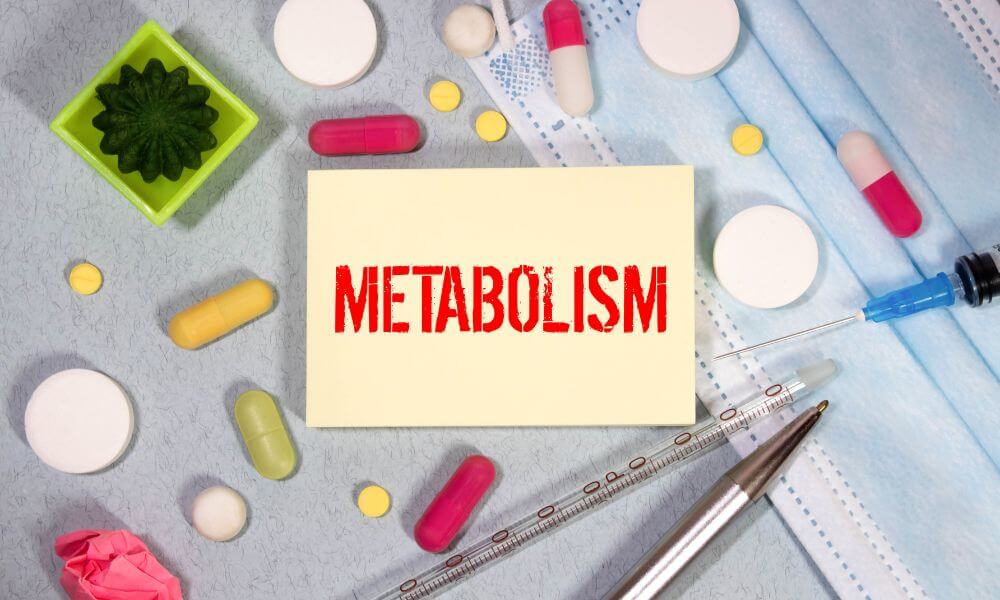What Is Metabolic Age?
Metabolic age is an indicator of how efficiently your body burns calories and processes energy compared to others in your age bracket. It’s calculated using metrics like your Basal Metabolic Rate (BMR), which measures the number of calories your body needs to perform basic functions such as breathing and circulation. If your metabolic age is lower than your chronological age, it indicates a healthy metabolism. Conversely, a higher metabolic age might signal areas that need improvement.
Metabolic Age Quiz
How Is Metabolic Age Measured?
Metabolic age is often assessed using advanced body composition scales or fitness trackers that analyze factors like:
- Body fat percentage
- Muscle mass
- Bone density
- Visceral fat levels
These measurements, combined with your physical activity levels and overall health status, help determine your metabolic age.
Why Is It Important to Know Your Metabolic Age?
Understanding your metabolic age provides valuable insights into your health and fitness levels. Here are some of the benefits:
- Identify Areas for Improvement
If your metabolic age is higher than your chronological age, it could indicate excess body fat, low muscle mass, or poor lifestyle habits. This knowledge empowers you to make targeted changes to improve your health. - Motivate Healthier Habits
Tracking your metabolic age can motivate you to adopt healthier behaviors, such as exercising regularly, eating a balanced diet, and managing stress effectively. - Monitor Progress
As you implement positive lifestyle changes, seeing your metabolic age decrease can be a rewarding indicator of success. It’s a measurable way to track improvements in your physical well-being. - Enhance Longevity
Lowering your metabolic age through healthy living can reduce the risk of chronic diseases, improve energy levels, and boost overall longevity.
How to Improve Your Metabolic Age
To achieve and maintain a healthier metabolic age, consider the following tips:
- Prioritize Strength Training: Building muscle mass can boost your BMR, helping you burn more calories even at rest.
- Follow a Balanced Diet: Focus on whole foods, lean proteins, healthy fats, and plenty of fruits and vegetables.
- Stay Hydrated: Proper hydration is crucial for optimal metabolic function.
- Get Quality Sleep: Poor sleep can negatively impact your metabolism and increase stress hormones.
- Manage Stress: Chronic stress can lead to hormonal imbalances that slow your metabolism.
Final Thoughts
Your metabolic age is a reflection of your body’s internal health and efficiency. By understanding and monitoring this key metric, you can take proactive steps to improve your metabolism, achieve your fitness goals, and lead a healthier life. Remember, age is just a number, but metabolic age gives you the power to influence how well you age.
